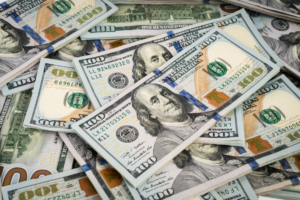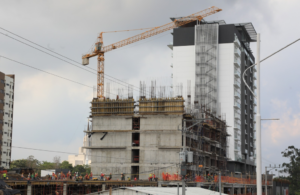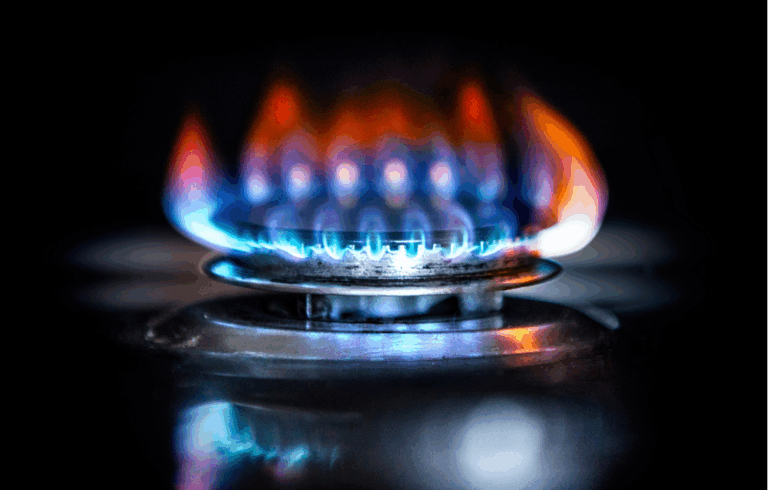
The Dirección General de Energía, Hidrocarburos y Minas (DGEHM) announced a significant reduction in Liquefied Petroleum Gas (LPG) prices for november 2025. Prices for all cylinder sizes decreased compared to the rates in effect in october, benefiting salvadoran families who rely on this product for their daily needs.
According to official data, the price reduction for the end consumer is as follows: the 35-pound cylinder decreased by US$0.40, from US$15.50 in october to US$15.10 in november. The 25-pound cylinder decreased by US$0.29, from US$11.13 to US$10.84. Meanwhile, the 20 pound presentation registers a decrease of US$0.23 going from US$8.98 to US$8.75, and the 10 pound presentation is reduced by US$0.10, to stand at US$4.51 this month.

Households receiving the targeted subsidy will also see a price decrease. The total subsidy for November reaches US$8.04, allowing subsidized consumers to pay only US$2.80 for the 25-pound cylinder. For the other subsidized sizes, the 35-pound cylinder decreases by US$0.40, from US$7.46 to US$7.06; the 20-pound cylinder decreases by US$0.23, from US$0.94 to US$0.71; and the 10-pound cylinder remains free for beneficiaries of the targeted subsidy.
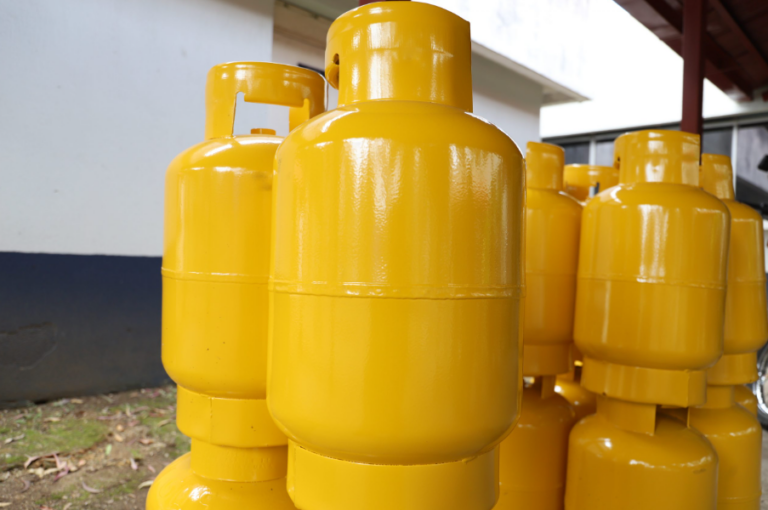
This adjustment is due to international factors, such as:
• The International Energy Agency (IEA) reported increases in U.S. propane reserves of approximately 1.7 million barrels during october, contributing to lower international prices for this fuel.
• U.S. propane and propylene production averaged 2.8 million barrels per day in october, maintaining average annual production levels and contributing to stability in the international market.
• Average U.S. propane exports remained at 1.9 million barrels per day in october, maintaining supply in the international market and contributing to lower prices.
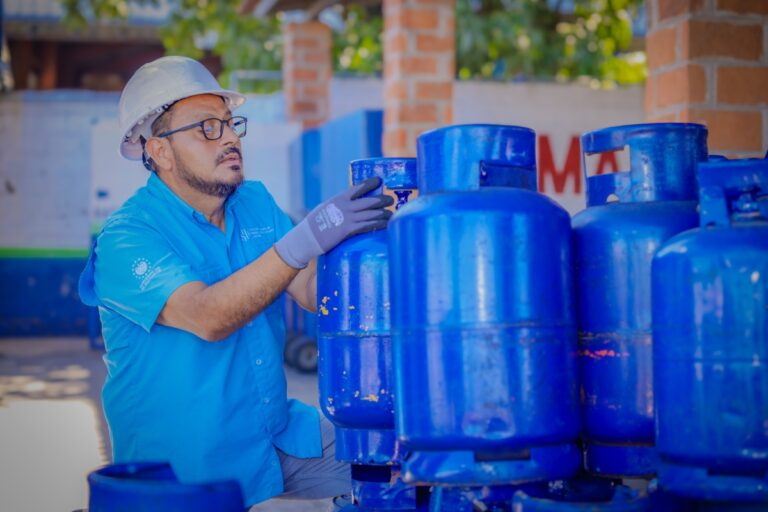
The Government of El Salvador, through the extension of the Special and Temporary Law for the Stabilization of LPG Prices, maintains its commitment to protecting the economy of more than one million families, mitigating international fluctuations and promoting measures that allow access to gas at fairer prices in the country.


